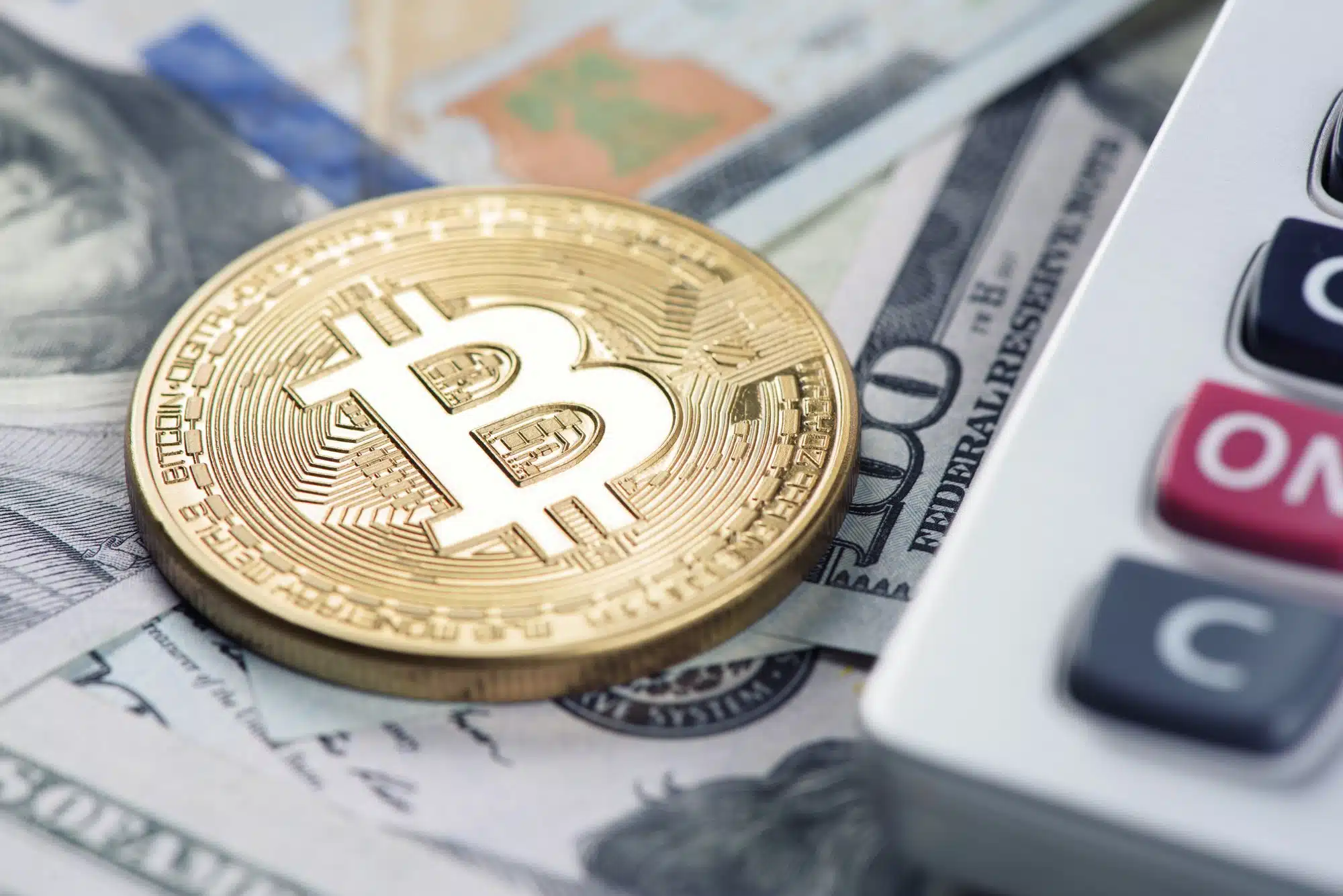
A $2.5 million Chase fees class action settlement has been proposed to resolve claims that the bank unfairly charged cryptocurrency fees.
According to plaintiffs Brady Tucker, Ryan Hilton and Stanton Smith, the proposed settlement should be approved by U.S. District Judge Katherine Polk Failla as “this settlement represents an outstanding result for settlement class members.”
“Plaintiffs estimate that the $2.5 million settlement fund constitutes more than 95% of the [damages allegedly sustained by] settlement class members,” the plaintiffs wrote in their motion for preliminary approval. “Such a high-percentage recovery stands far above the typical recovery for class actions such as this one.”
The Chase Bank fees class action lawsuit was launched by Tucker in April 2018 over claims that the bank wrongfully charged them cash advance fees on their purchases of cryptocurrency using the bank’s credit cards.
Consumers were allegedly “duped” by the bank to a complete lack of warning from the company about the fees they would incur as a result of purchasing cryptocurrency.
“Chase silently smacked them with instant cash advance fees, plus much higher interest rates than normal, and left them without any recourse,” the Chase fees class action lawsuit claims.
Tucker said that he and other consumers were not informed of the Chase fees they would be charged as a result of their purchases. In fact, these unexpected fees allegedly resulted in equivalent personal cash loans from Chase.
“Unbeknownst to Class members, however, they were now taking out personal cash loans from Chase, complete with new fees and sky-high interest rates (up to 30% annually),” Tucker argued in his Chase Bank fees class action lawsuit.
These Chase fees were reportedly precipitated by a sudden change in policies which processed credit card cryptocurrency payments as cash advances instead of purchases as was the case before.
“The complete lack of fair notice to Chase’s cardholders caused them to unknowingly incur millions of dollars in cash advance fees and sky-high interest charges on each and every crypto purchase,” the Chase fees class action lawsuit argued.
Before the complaint had been filed, in February 2018, JPMorgan Chase joined several other major banks in announcing that their credit cards could no longer be used for purchasing cryptocurrency such as Bitcoin.
These announcements were made after the value of several cryptocurrencies took a sharp plunge in price and federal regulators warned about the risks of fraud associated with the investments.
These restrictions have reportedly remained in place despite the company coming out with their own cryptocurrency – JPM Coin.
In July 2018, Chase responded to the complaint with a motion to dismiss, arguing that the plaintiff hadn’t shown how the change in policy and subsequent fees violate consumer protection laws.
Hilton and Smith joined Tucker in his amended Chase fees class action lawsuit in August 2018. Soon afterwards, Chase tried again to have the claims dismissed. According to the company, there was nothing wrong with their policies of treating cryptocurrency purchases as “cash-like transactions.”
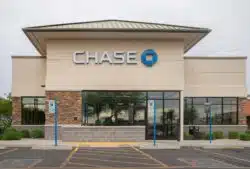 In August 2019, Judge Failla dismissed some of the plaintiffs’ claims but allowed others to move forward.
In August 2019, Judge Failla dismissed some of the plaintiffs’ claims but allowed others to move forward.
Claims preserved by the judge included breach of contract along with claims that the Chase Bank fees violated the federal Truth in Lending Act’s “clear and conspicuous” disclosure requirements.
After seven months of discovery between September and March, the plaintiffs and defendant reportedly agreed to settlement negotiations.
In early March, both sides told Judge Failla that they had reached a settlement agreement in principle – a stepping stone to a full settlement. Now, the parties have agreed on a full settlement and seek preliminary approval from the court.
The settlement would benefit a Class of Chase credit card account holders who bought cryptocurrencies with their card and were charged cash advance Chase fees.
Although the settlement motion doesn’t contain a specific procedure for distributing the fund amongst Class Members, the money would go towards compensating consumers for the fees they were charged.
The settlement motion notes that no money from the $2.5 million proposed settlement would revert back to Chase after awards are distributed to Class Members.
Would you be eligible for the proposed Chase Bank fees class action settlement? Let us know what you think of the deal in the comments section below.
Top Class Actions will post updates to this class action settlement as they become available. For the latest updates, keep checking TopClassActions.com or sign up for our free newsletter. You can also receive notifications when this article is updated by using your free Top Class Actions account and clicking the “Follow Article” button at the top of the post.
Plaintiffs and the proposed settlement Class are represented by David J. Harris of Finkelstein & Krinsk LLP.
The Chase Fees Class Action Lawsuit is Tucker v. Chase Bank USA NA, Case No. 1:18-cv-03155, in the U.S. District Court for the Southern District of New York.
ATTORNEY ADVERTISING
Top Class Actions is a Proud Member of the American Bar Association
LEGAL INFORMATION IS NOT LEGAL ADVICE
Top Class Actions Legal Statement
©2008 – 2026 Top Class Actions® LLC
Various Trademarks held by their respective owners
This website is not intended for viewing or usage by European Union citizens.






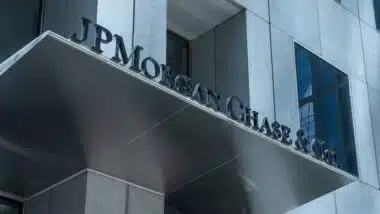
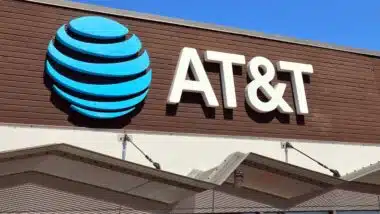




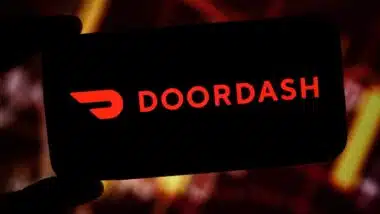
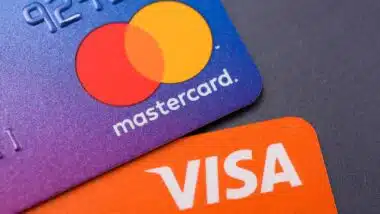

8 thoughts on$2.5M Chase Crypto Fees Class Action Settlement Reached
I just got a check out of the blue for $80+. It’s a small fraction of what they charged me. Everything went through fine when adding to my Coinbase account and then suddenly 2 mos later Chase retroactively charged me all sorts of fees with no warning. If I knew they were going to charge an exorbitant fee for each transfer, I would have stopped after seeing the first one but they went back and charged it retroactively for each transfer. Not only did it impose large fees retroactively 2 months later but Chase even overcalculated its described fee which I caught by running Chase’s self-imposed formula it gave me on how it came up with the numbers. They admitted the overcalculation when I argued about it (the miscalculation was obvious; it was like dealing with a 3rd world bureaucrat and/or an outright thief); it then paid some, not all, of the miscalculated portion back, but it charged all of its suddenly imposed fees and some of it still was miscalculated. I am sure I am out 2 to 3 grand. Any way to demand a better result? I am sure this is a lousy settlement for the class.
I received a check for $251.62, I bought a lot of Bitcoin with my chase card throughout last 3 yr. probably over 2 or 3 thousand at least. If they sent me this big of a check I’m certain they charged me 3 times this.
Received a check for $44.93 , I feel that from this demand someone got a big part.I did not know that they can sue using my name without my authorization
I also got a check for $5.99. Chase card did charge me interest based on the currency amounts. $5.99 doesn’t cover the charges that chase forced me to pay. They should refund the full amount…
Received a check for $59 from this class action. Wonder how they determine how much to give and honestly, I don’t remember being fee’d by chase? Maybe it was because I pay my balances in full every month? Now I’m curious if they charged me a cash advance fee? Have to go digging through the records and find out!
I received a settlement check few days ago. It says the initiating bank of the check is Bank of America. Is this right? Can anyone confirm?
I got a check for only $5.99. How did they come up with a set amount to give us? I feel like there should have been a better result
I am eligible for JP morgan crypto fees settlement.